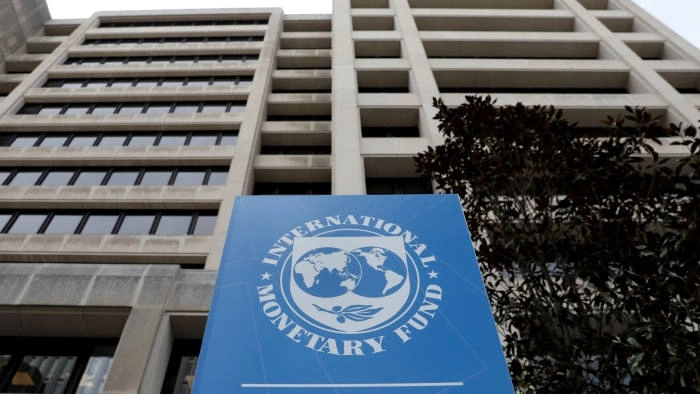
The International Monetary Fund (IMF), has raised its forecast for Nigeria’s economic growth in 2022 to 3.4 per cent, citing the increase in crude oil prices.
The IMF reduced its projection for global growth to 3.6 per cent in both 2022 and 2023, citing the impact of the costly humanitarian crisis economic damage from the Russian war on Ukraine.
The IMF disclosed this in its ‘World Economic Outlook: War Sets Back the Global Recovery, April 2022,’ report.
In its January report, the Washington-based lender predicted a growth rate of 2.7 per cent for Nigeria in 2022. But it has adjusted its projection based on increasing oil prices.
In its latest forecast, the revealed a 3.1 per cent growth projection for the nation in 2023, down from 3.4 per cent in 2022 and 3.6 per cent in 2021.
The nation’s economic projection is lower than that of the Sub-Saharan African region which is expected to grow by 4.5 per cent in 2021, 3.8 per cent in 2021, and 4.0 per cent.
It said, “In sub-Saharan Africa, food prices are also the most important channel of transmission, although in slightly different ways.
“Wheat is a less important part of the diet, but food, in general, is a larger share of consumption. Higher food prices will hurt consumers’ purchasing power—particularly among low-income households—and weigh on domestic demand. Social and political turmoil, most notably in West Africa, also weighs on the outlook.
“The increase in oil prices has however lifted growth prospects for the region’s oil exporters, such as Nigeria. Overall, growth in sub-Saharan Africa is projected at 3.8 per cent in 2022.”
According to the Washington-based lender, the global economy is expected to grow by 3.6 per cent in 2022 and 2023 as a result of the war on Ukraine, and sanctions on Russia.
It said, “Global growth is projected to slow from an estimated 6.1 per cent in 2021 to 3.6 per cent in 2022 and 2023.
“This is 0.8 and 0.2 percentage points lower for 2022 and 2023 than in the January World Economic Outlook Update. Beyond 2023, global growth is forecast to decline to about 3.3 per cent over the medium term.”
Meanwhile, Brent crude, the global oil benchmark, tumbled in price on Tuesday shedding $6.31 or 5.58 per cent to $106.86/barrel as at 8.03pm Nigerian time, following demand concerns after the International Monetary Fund reduced its economic growth forecasts and warned of higher inflation.
Prices fell despite lower output from the Organisation of Petroleum Exporting Countries and its allies, which produced 1.45 million barrels per day below its targets in March, as Russian output began to decline following sanctions imposed by the West, according to a report from the producer alliance seen by Reuters.
Russia produced about 300,000 bpd below its target in March at 10.018 million bpd, based on secondary sources, the report seen by Reuters showed.
The IMF cut its forecast for global economic growth by nearly a full percentage point, citing Russia’s invasion of Ukraine, and warned that inflation was now a “clear and present danger” for many countries.






















